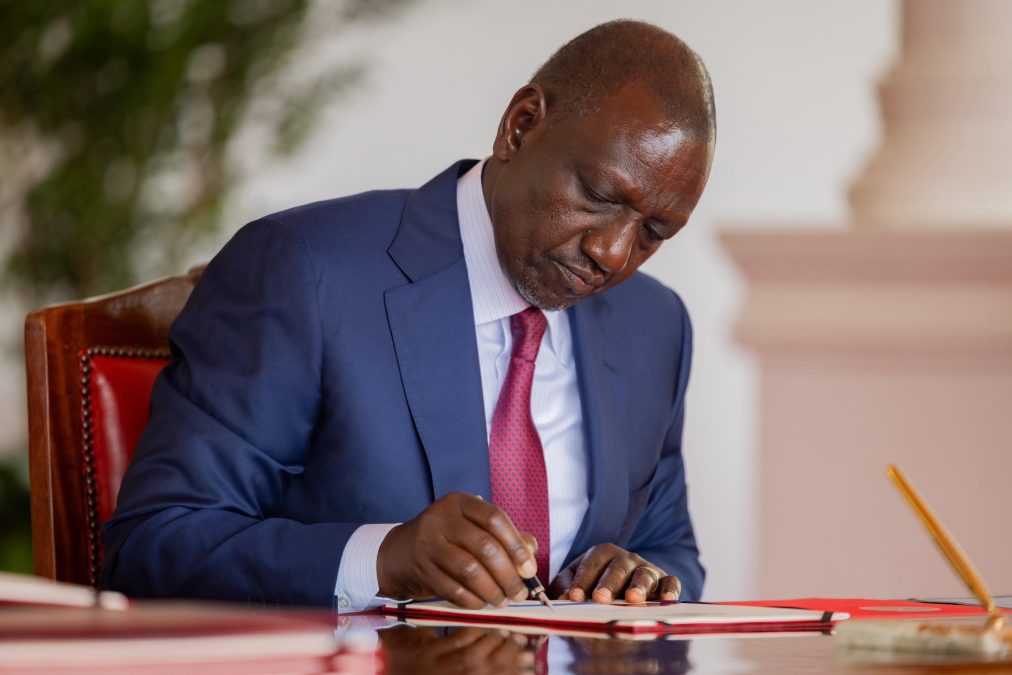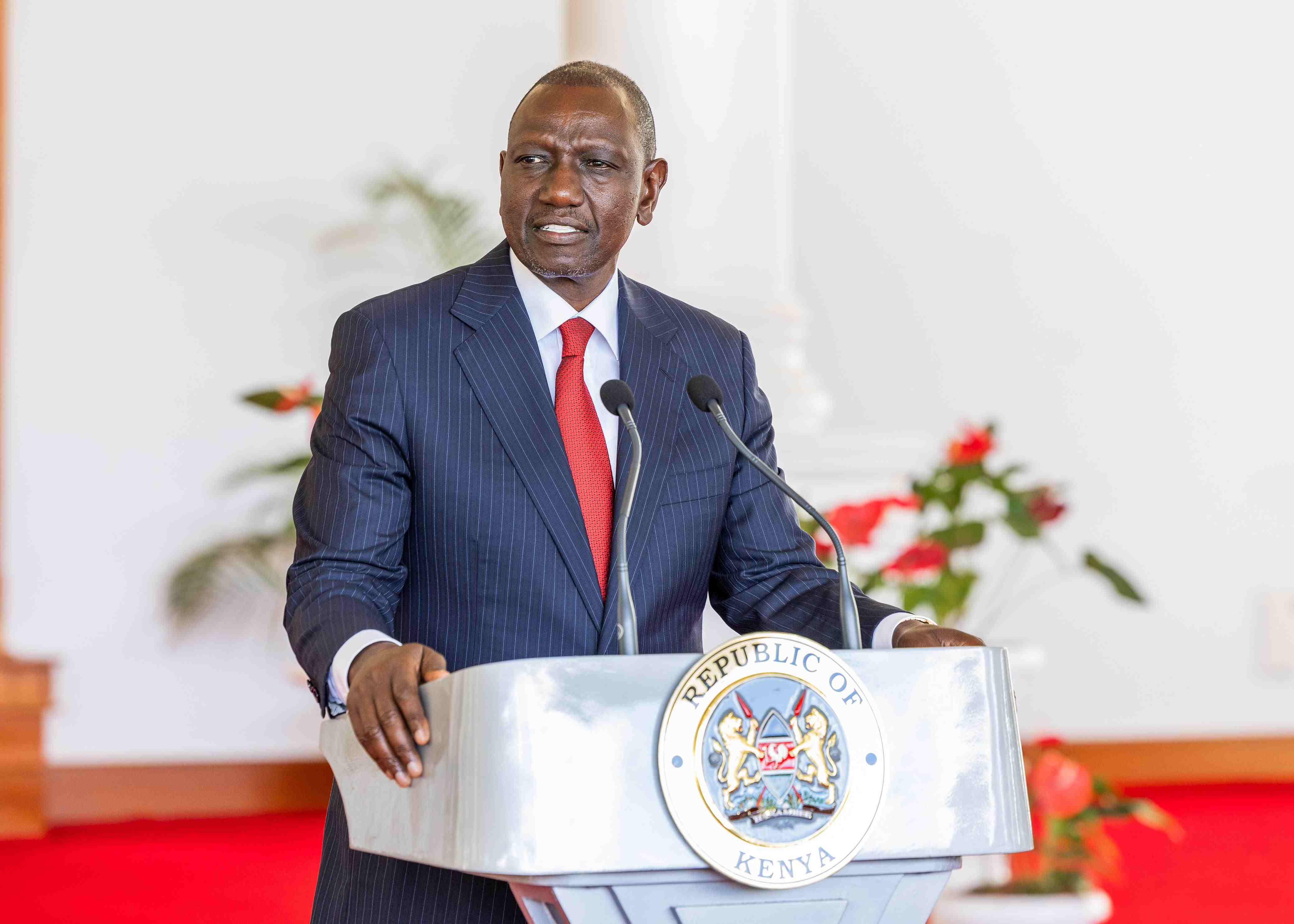Ruto Signs Finance Bill 2025 Into Law, Unveils Major Tax Reforms
President William Ruto has signed the Finance Bill 2025 into law, introducing sweeping tax reforms. Key changes include a five-year limit on tax loss carryforwards, new digital asset excise duties, and mandatory PAYE relief application. The law aims to broaden the tax base and enhance revenue collection.
President Ruto signs 2025 Finance Bill into law #FinanceBill2025 https://youtu.be/t7Lg-RBbPfA #FinanceBill2025#fypviralシ#Budget2025#followerseveryone#hilightseveryonefollowers
Posted by Malik Daily Updates on Thursday, June 26, 2025
On Thursday, June 26, 2025, President William Ruto officially signed the Finance Bill 2025 into law during a ceremony held at State House, Nairobi. This marked a major legislative milestone, setting in motion a wide array of tax reforms intended to strengthen the country’s revenue collection system and respond to Kenya’s evolving economic landscape.
The Finance Bill 2025, which had been passed by the National Assembly on June 19, contains sweeping amendments across multiple tax laws. These include revisions to the Income Tax Act, Value Added Tax (VAT) Act, Excise Duty Act, Tax Procedures Act, Miscellaneous Fees and Levies Act, and the Stamp Duty Act. The changes are aimed at enhancing fairness, compliance, and efficiency in the tax regime.
Among the most significant changes is the introduction of a five-year limit on the carrying forward of tax losses under the Income Tax Act. Previously, businesses were allowed to carry forward losses indefinitely, which provided flexibility during tough financial years. However, the new cap aims to standardize the practice and limit long-term deferrals, thereby boosting short- and medium-term tax collection.
In the realm of VAT, businesses will now be required to issue tax invoices for all supplies — including those that are VAT-exempt. This means a shift toward uniform documentation, compelling businesses to overhaul their invoicing systems to ensure both exempt and taxable supplies are properly recorded. The change is expected to increase transparency and ease auditing processes.
Another crucial reform affects the computation of Pay As You Earn (PAYE) taxes. Employers will now be obligated to automatically apply all relevant tax reliefs, exemptions, and deductions when calculating employees monthly PAYE. According to Kuria Kimani, Chair of the National Assembly’s Departmental Committee on Finance and National Planning, this adjustment is designed to ensure employees receive their full tax benefits up front, without needing to file separate claims. It is also expected to increase compliance and fairness within the payroll system.
The Finance Act 2025 also makes significant changes to the Excise Duty Act and Miscellaneous Fees and Levies Act, particularly regarding digital finance and virtual asset transactions. The previously applied Digital Assets Tax has been abolished and replaced with a 5% excise duty on transaction fees paid to virtual asset service providers, alongside a 10% excise duty on service fees charged by these platforms. These steps are part of a broader strategy to tap into the growing digital economy.
In line with efforts to widen the tax net, the new law introduces a 5% excise duty on deposits made into betting, lottery, and gaming wallets. This move reflects the government’s intent to increase revenue from the rapidly expanding online gambling sector.
The signing ceremony was attended by top government and parliamentary officials including National Assembly Speaker Moses Wetang’ula, Majority Leader Kimani Ichung’wah, Minority Leader Junet Mohamed, Budget and Appropriations Committee Chair Samuel Atandi, and Suba North MP Millie Odhiambo.
The Finance Act 2025 is seen as a pivotal instrument for broadening Kenya’s tax base and improving revenue collection. It follows the controversial Finance Bill 2024, which was rejected after widespread public opposition, highlighting the government’s attempt to regain trust while addressing fiscal challenges.







-og_image.webp)





